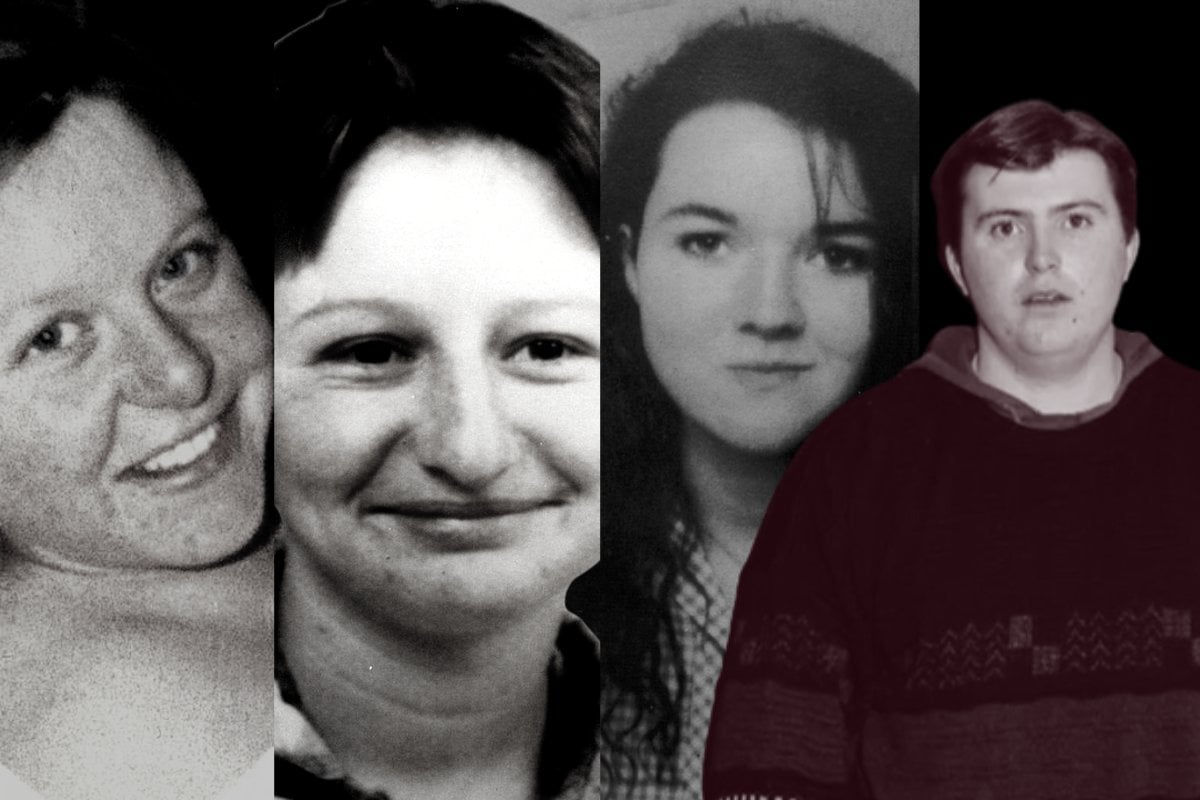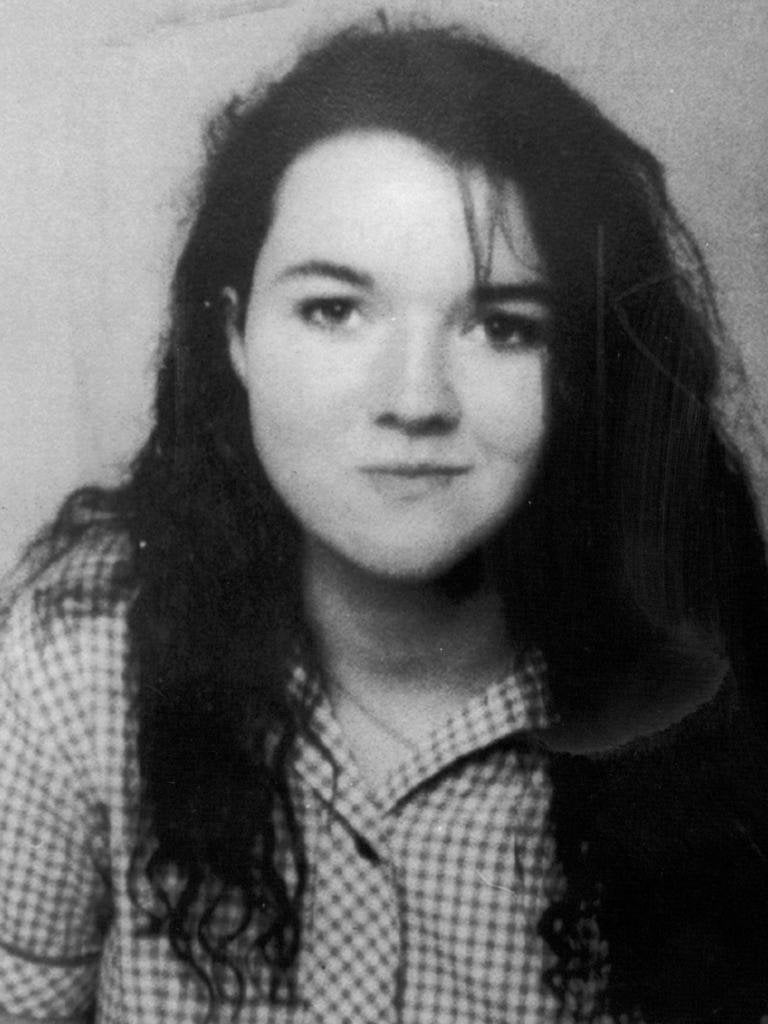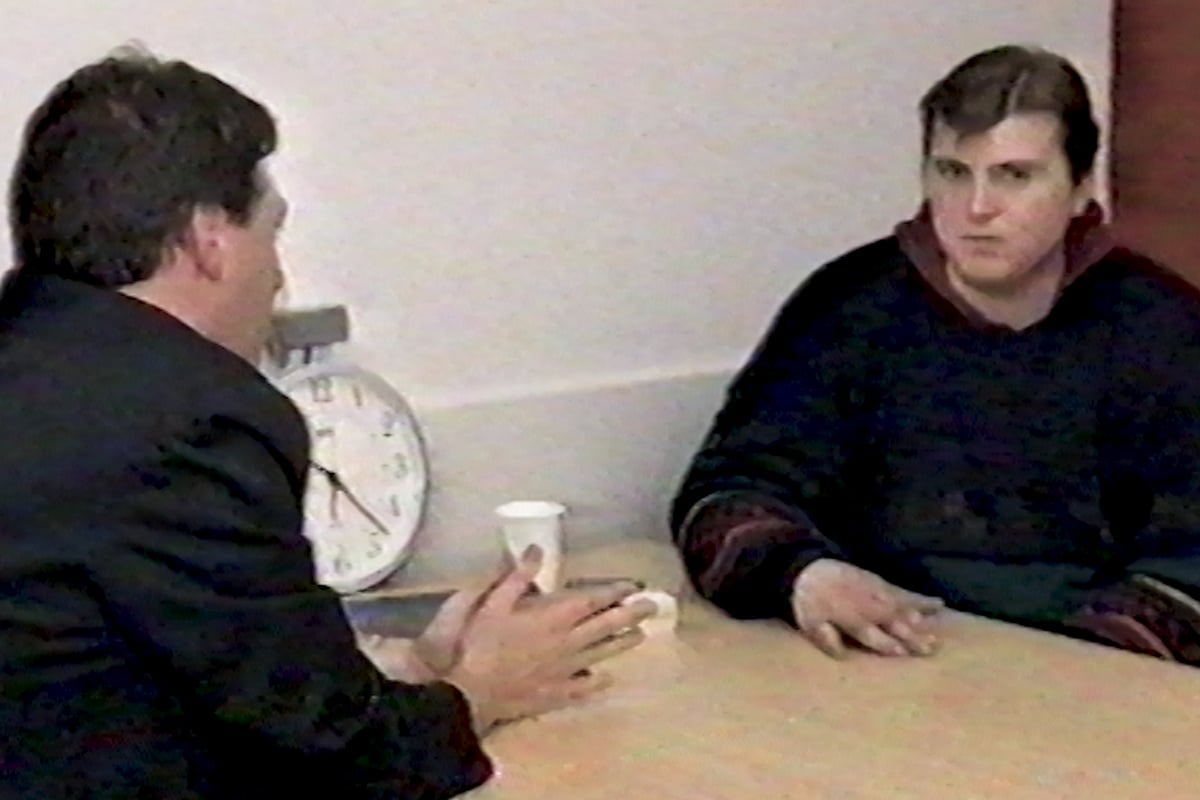
In May 2021, almost three decades after Victorian serial killer Paul Denyer terrorised the bayside city of Frankston, MP David Limbrick assembled a press conference. As he spoke to the gathered media, he stood shoulder to shoulder with friends and family of one of Denyer’s victims: 17-year-old Natalie Russell.
With Denyer’s first parole date looming, David urgently appealed to the state government to keep the sadistic criminal "locked up, forever".
Until that day, few knew that the MP’s investment in this cause was a personal one.
His voice catching, he spoke about Natalie. "She was my girlfriend."
"Nat and I had plans." Remembering Natalie Russell.
David Limbrick met Natalie Russell at a party. She was in her final year of high school; he was in his first year at university.
He remembers her as bright and cheeky, with a sarcastic sense of humour. She was, he told Mamamia’s No Filter podcast, "a young woman with everything to look forward to in life".
"Nat and I had plans," he said. "I know she wanted to travel, and she was interested in journalism.
"She was very conscientious at school. She was focusing on doing her work because she wanted to get good marks in the VCE [Victorian Certificate of Education]."
Watch: David Limbrick on Paul Denyer being eligible for parole. Post continues after video.


